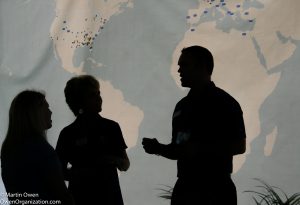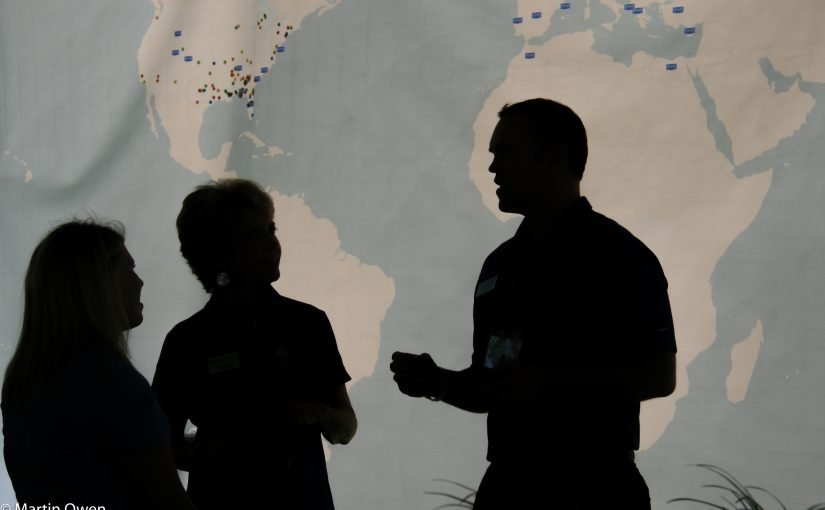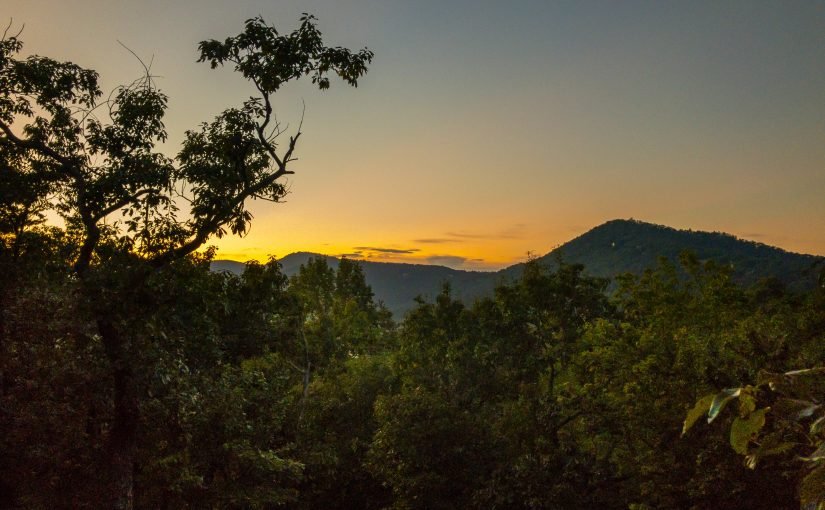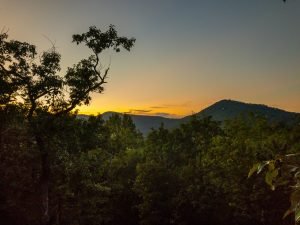I was flicking though a newspaper the other day, the UK’s Daily Telegraph, and article caught my eye – ‘Why it’s cool to be a tourist, not a pretentious traveler’ (Read it HERE). It got me thinking….

Firstly I have to confess I wasn’t physically flipping through a newspaper made out of crushed up trees, I was reading the on-line version. I suppose therefore I was simply bothering a bunch of electrons, but that added to pondering as to how our perceptions have changed.
For example, does reading an on-line newspaper make me less of a reader? When we were actually reading a ‘paper’ paper, our eyes would fall on stories that wouldn’t immediately be our target interest. That expanded our reading list and maybe we found opinions that we didn’t agree with, or subjects that weren’t initially in our wheelhouse. It did give us a wider knowledge and leave us open to new thoughts and opinions. It broadened our view. These days we tend to select our interests and have the electrons present us with just what we expect and with which we are comfortable. Maybe we sit in a little bubble of our own making? Only exposed to our own interests and views.
How does this relate to the traveler versus tourist issue? The article pointed out that some folks consider themselves to be more sophisticated than the average and therefore their wanderings were in some way superior to your run of the mill tourist. The ‘travelers’ (actually it was a British article, so they were ‘travellers’ with two Ls!) considered that their experience was somewhat superior to a tourist. Along with the author, I initially thought this attitude was pretentious in the extreme.
As an aside, a number of areas around Florida have names like The Forgotten Coast, The Space Coast, The Emerald Coast etc. There’s one area I’ve always called The Pretentious Coast. Any ideas where that may be?
While it’s true that someone who travels, is a traveler, and a tourist is by definition “A person who is visiting a place for pleasure and interest, especially when they are on vacation”, there do appear to be a whole bunch of different types of tourists.
There are those who visit an area to gain extra knowledge, cultural tourists, eco-tourists, adventure tourists, even health tourists traveling to seek medical attention they can’t get at home. One assumes these all gain something from their experience and hope that they also contribute to the local economy or culture. Certainly the hope is that they do not purposefully detract from the place they are visiting.
There is a type of tourist that actually does little or nothing for either the area that they visit or for themselves it would appear. I’d suggest that these are folks that travel to a destination but then behave just as they would at home or possibly even behave in a way that wouldn’t be accepted at home. These would be the ones that bring everything with them. They experience nothing of the local culture, and contribute little to the local economy. They may be the ones that just come to party uncontrollably, ending up in jail, hospital or worse.
Now, each to his own and I wouldn’t dare to suggest that what one person finds fun is the only way, but it does strike me that there are various levels of tourism. Some are more desirable to a destination than others. I’m sure The Machu Pichu Tourist Board wouldn’t target bachelor or bachelorette parties, but on the other hand would Panama City Beach expect to receive too many groups studying the works of da Vinci?
Without a doubt some travelers get more out of their experience than others but would we term them Travelers as opposed to Tourists? What’s wrong with being a tourist?








